The COVID-19 pandemic is creating a significant shift in the delivery of healthcare services, as providers have prepared for a large surge in severely ill patients.
Unprecedented steps are being taken to ensure that services do not become overwhelmed. These measures taken include the cancelling of planned operations and a reduction in the number of face-to-face consultations.
The extent to which non-COVID care has been disrupted, and the impact of this shutdown over the longer term is being investigated by teams around the world.
In the UK, the COVID-19 outbreak had a huge impact on National Health Service (NHS) provision. During lockdown, most NHS outpatient clinics were closed while hospitals worked to deal with thousands of patients infected with COVID. The impact is expected to be greatest among individuals with chronic diseases.
The extensive shift in the package of care provided by the NHS, combined with fewer patients seeking care during lockdown, meant that there was a significant drop in elective procedures, urgent cancer referrals, first cancer treatments and outpatient appointments.
The NHS is now facing a large backlog of non-COVID care, potentially storing up greater problems for the future.
A recent report by the British Medical Association states, “Millions of patients living with health problems (including life-threatening conditions such as cancer) have been affected, with their treatment postponed or cancelled. And millions of patients will have missed vital opportunities to receive initial assessment and diagnosis for health problems in the first place.”
Regarding cancer specifically, it says, ”There has been a significant drop in elective procedures, urgent cancer referrals, first cancer treatments and outpatient appointments.”
They estimate that in April, May and June 2020 there were about 280,000 fewer urgent cancer referrals by General Practitioners than expected. “This is due to a combination of patients not presenting and GPs having difficulty referring those who do; many of these untreated and undetected cancers’ prognoses will worsen over time and require more urgent treatment,” they write.
They also estimate that 23,000 fewer patients started first cancer treatments following a decision to treat, and 13,500 fewer patients starting first cancer treatments following an urgent GP referral.
“The development of cancers can be highly time-dependent and delays in treatment are very taxing for patients,” the report states. “It is extremely worrying considering cancer services were supposed to be un-impacted during the pandemic.”
On a more positive note, the crisis has produced great steps forward in a range of innovative technology to improve cancer care and treatment.
Scientists are currently working on an effective and rapid diagnostic point-of-care antibody test for cancer patients, highlighting those with COVID immunity and enabling the safe restarting of cancer treatments.
Researchers are also investigating whether a blood test can be used to support prompt cancer diagnosis and treatment. The test provides information that cannot currently be gained from invasive procedures such as endoscopy, many of which have been cancelled.
A separate team of researchers are trialing the use of artificial intelligence to help analyze scans from cancer patients, providing clinicians with data quickly to help inform treatment decisions and improve outcomes for patients. They aim to identify whether lung changes in cancer patients are due to COVID-19, caused by another infection, or are side-effects from cancer treatment.
A further study is looking at the interactions between cancer patient’s immunity, COVID-19, and cancer treatment. This will allow analysis of the virus behaviour and its impact on cancer patients and their treatments, and identify ways to better protect cancer patients. Another group are focussed on studying the impact of radical changes made during the pandemic to radiotherapy treatment, such as shorter, more intense treatment, delaying or even omitting radiotherapy. Researchers want to understand how these changes have impacted patient outcomes and can inform clinical decisions in the future.
Professor David Cunningham of the Institute of Cancer Research, London, UK, says these studies will provide an immediate wave of information about COVID-19. He said, “Teams have been working at pace to establish studies with a focus on immediate impact through to longer term understanding of this novel virus. We hope this research will have a national and international impact.”
Chief executive of the NUS, Sir Simon Stevens, added, “Since the first case of COVID in England six months ago, NHS staff have fast tracked new, innovative ways of working so that other services, including Accident & Emergency, cancer and maternity could continue safely for patients and it is thanks to these incredible efforts that 65,000 people could start treatment for cancer during the pandemic.
“We are now adopting new treatment options which are not only effective but safer for use during the COVID-19 pandemic and more convenient for thousands of patients, who can take medication at home or be given medicines with less harmful effects on their immune system.”
In the US, cancer care has also been limited, and provided in different ways, due to the epidemic. Numbers of new consultations have fallen and hospitals are moving as many appointments as possible online. Ongoing travel restrictions and fear of infection are also likely to play a part in the number of would-be patients not setting up appointments or attending cancer screenings.
A physician from New Jersey, Sharyn Lewin MD FACS, of Teaneck, Bergen County, NJ, explains, “The hospital I work in was hit very hard very early by COVID. It’s definitely changed dramatically how we take care of our cancer patients. Very quickly we realized the importance of telemedicine to really help decrease foot traffic into the hospital. So for example, a lot of patients that have routine surveillance visits, we are performing that via telemedicine.”
She added, “Currently we are still seeing our patients on chemotherapy. Some of the patients though that are older, in their 80s or 90s, or have other risk factors who are pretty much asymptomatic for their cancer, we’re talking to them about the risks and benefits of treatment, and to be honest most of them are having a chemo holiday now during the pandemic and will hopefully be able to be re-treated once it’s a little safer in the near future.”
Her team also had to postpone their surgeries, she explains. “We’re starting to do cancer cases sparingly, so we’ve had to employ other modalities to treat patients’ cancers, for example chemotherapy or radiation first, or hormonal therapy. So we’ve had to really look at the data and have a lot of interdisciplinary meetings about how to handle these patients.”
However, Dr Lewin highlighted one adaptation that could continue to improve the quality of cancer care over the long term. “One thing that’s been very helpful is we have had a lot of national webinars so that we can talk to our colleagues around the country and try to get a consensus on how to manage these patients,” she said.
A TIME magazine report in late August suggests that, during the March and April lockdown, the pandemic led to a roughly 80% drop in routine screening appointments that could identify new cancers. While rates have recovered somewhat, hundreds of thousands of missed exams nationally are expected to lead to the loss of many potential early diagnoses and interventions.
One estimate suggests that the number of weekly diagnoses for breast, colorectal, lung, pancreatic, gastric and esophageal cancers dropped by about half during the early months of the pandemic. Most cancer screenings simply are not possible virtually, as they require an in-person procedure such as colonoscopy, mammogram or a pap smear.
Disruptions have also been experienced by patients diagnosed prior to the pandemic, with difficult decisions being made to balance the risk of COVID-19 infection against the urgency of cancer treatment.
The National Cancer Institute, part of the US National Institutes of Health, has attempted to estimate the number of excess cancer deaths over the next 10 years due to pandemic-related delays in screenings and care. They put the figure at around 10,000 excess deaths from breast and colorectal cancer alone, though most say it is too soon to tell for sure.
For now, most hospitals and physicians are encouraging patients to attend for routine care, alongside safety protocols including limits on visitors, no waiting rooms, and routine COVID-19 testing for staff and some patients. Telemedicine continues to be encouraged whenever possible for cancer patients with risk factors and comorbidities.
Researchers across the two countries are calling for urgent steps to address the consequences of delayed cancer diagnoses and treatment, all encouraging the wider use of robust digital technology to strengthen clinical telehealth services across cancer specialties.



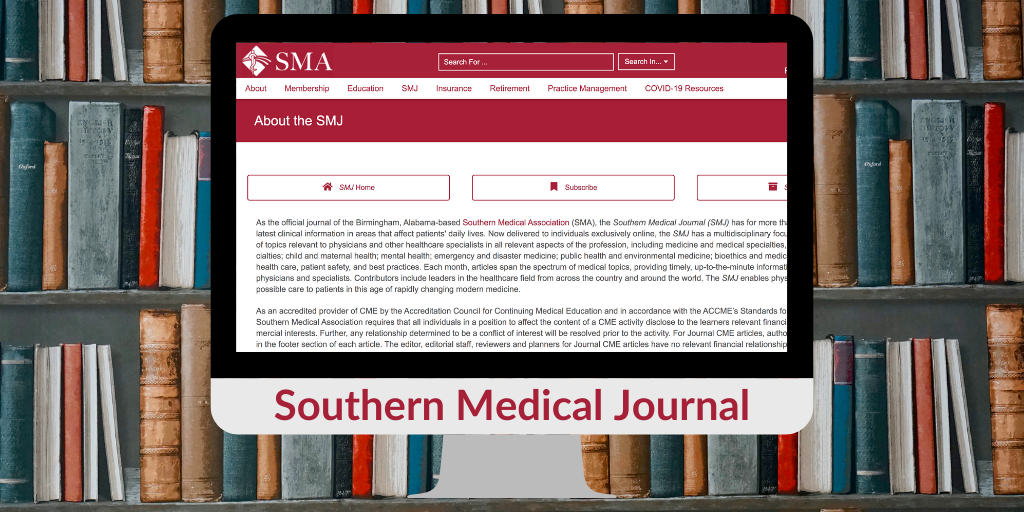

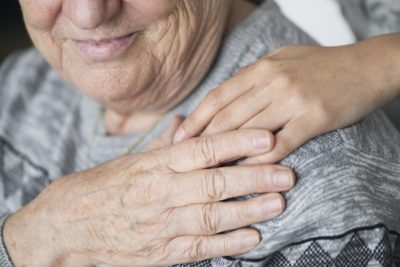

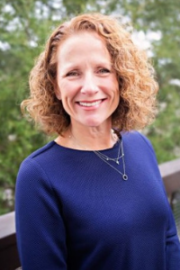 About the Author
About the Author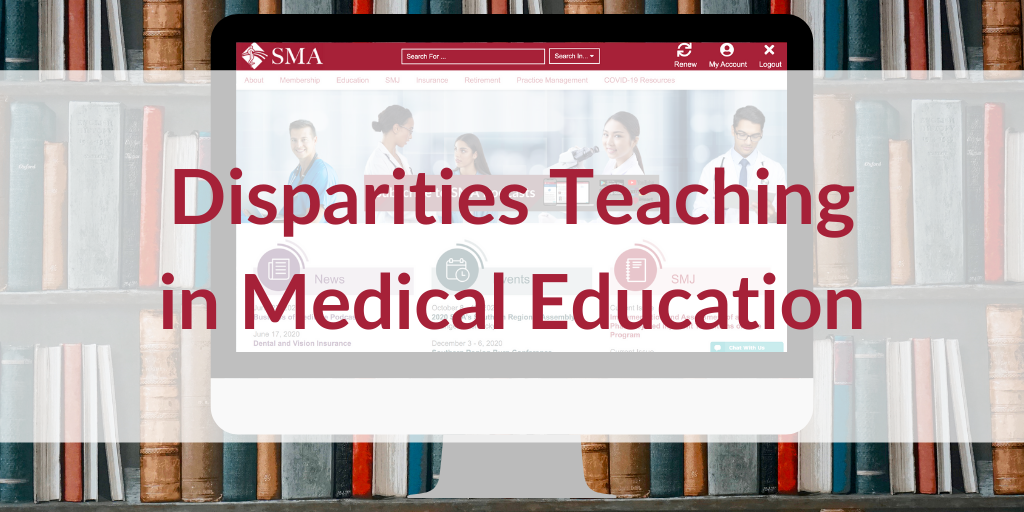
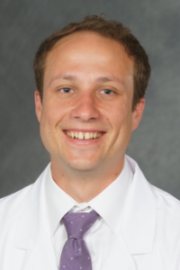
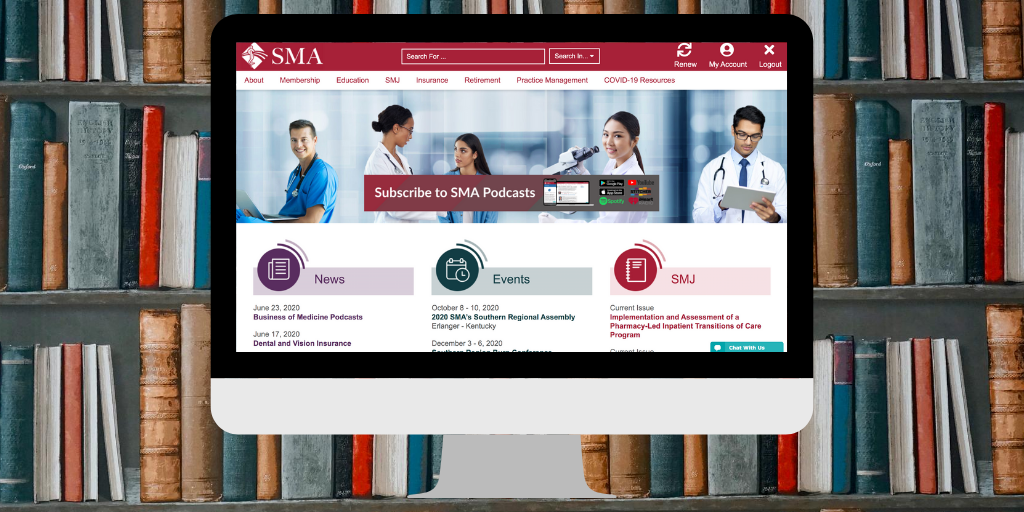
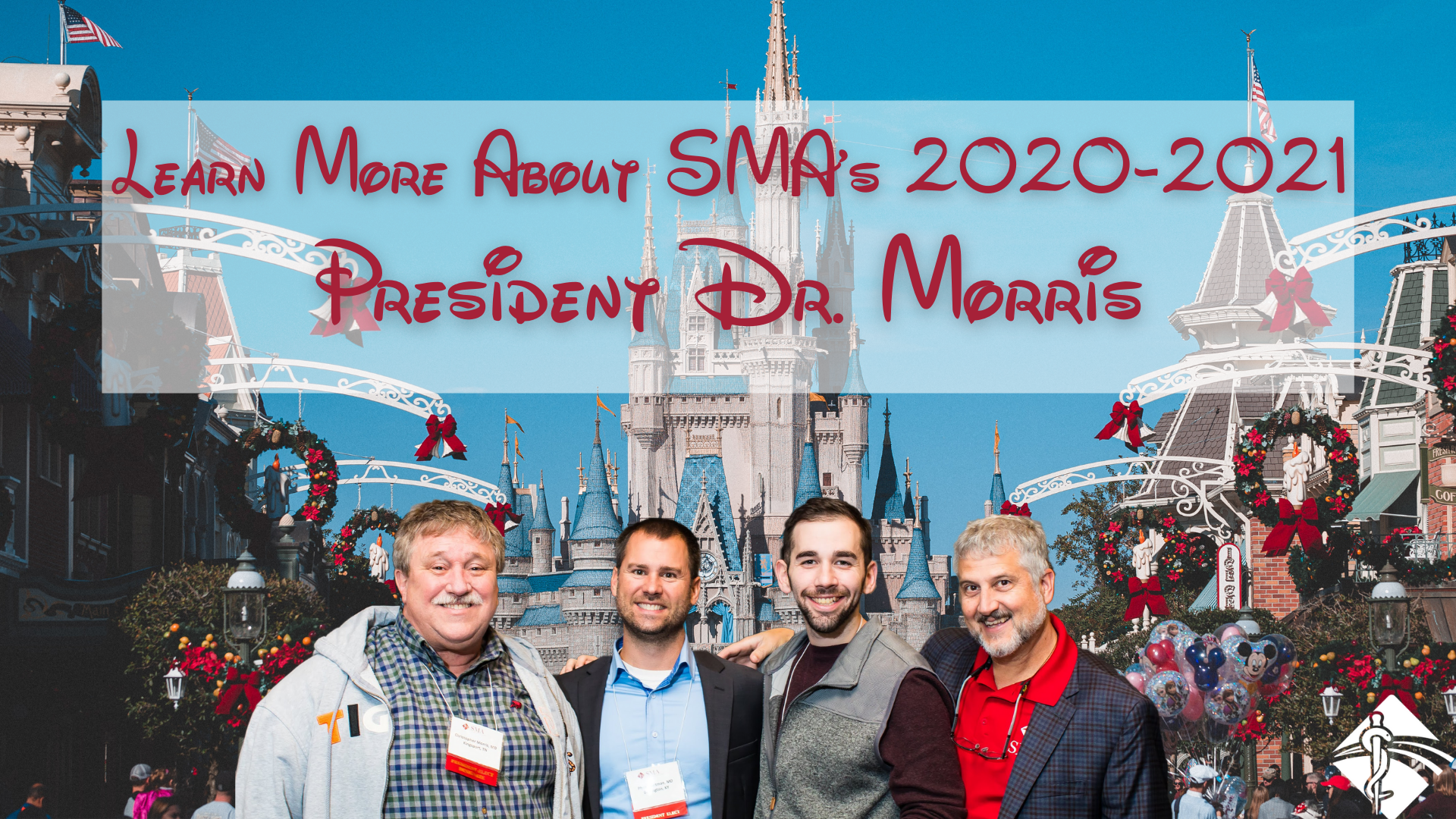
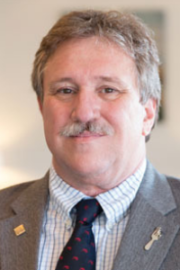 Christopher R. Morris, MD, a board certified rheumatologist with more than 25 years’ experience, is in private practice in Kingsport, Tennessee at Arthritis Associates. Additionally, he has served as a clinical educator for internal medicine residents at East Tennessee State University in Johnson City, Norton Community Hospital in Norton, Virginia, and Johnston Memorial Hospital, in Abingdon, Virginia.
Christopher R. Morris, MD, a board certified rheumatologist with more than 25 years’ experience, is in private practice in Kingsport, Tennessee at Arthritis Associates. Additionally, he has served as a clinical educator for internal medicine residents at East Tennessee State University in Johnson City, Norton Community Hospital in Norton, Virginia, and Johnston Memorial Hospital, in Abingdon, Virginia.